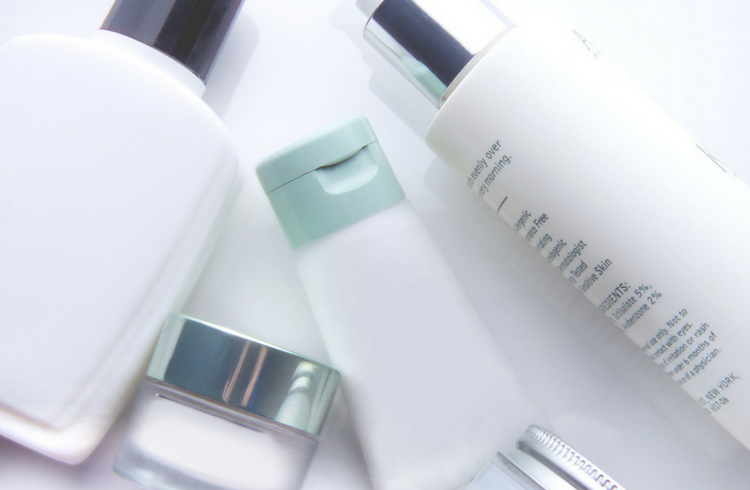Personal Care Products
Science Summary
There are thousands of chemicals in personal care products like lipstick, lotion, shampoo and shaving cream. Many of those chemicals are linked to breast cancer, either because they are carcinogens, or because they disrupt the body’s hormones. While some of these chemicals are listed on ingredient labels, others are not because they are contaminants or they are hidden behind the word fragrance.

The cumulative effect of our exposure to these unsafe chemicals — even in small amounts, but with frequent, repeated usage — is a real concern either because the chemicals are carcinogens or because they disrupt the body’s hormones.
PTFE/PFOA
Polytetrafluoroethylene (PTFE) is used in some anti-aging products. PTFE may be contaminated with PFOA (perfluorooactanoic acid), a possible carcinogen. Exposure to these compounds is associated with delayed menstruation, later breast development and increased incidence of breast cancer. Read More
Polyacrylamide/acrylamide
Polyacrylamide is a stabilizer and binder in lotions and other products. Though it is not a concern in itself, it is made up of repeating molecules of acrylamide, which is a strongly suspected carcinogen linked to mammary tumors.
Styrene
Residual styrene may be a contaminant in cosmetics with styrene-based ingredients or fragrances that contain styrene. Styrene is reasonably anticipated to be a human carcinogen and a hormone disruptor. Styrene may also be toxic to red blood cells, the liver, and the central nervous system. Read More
Phthalates
Phthalates are a group of hormone-disrupting chemicals found in cosmetics like nail polish and fragrance. Phthalate exposure is linked to early puberty in girls, a risk factor for later-life breast cancer. Some phthalates also act as weak estrogens in cell culture systems. Read More
Parabens
Parabens are a group of compounds widely used as preservatives in creams, lotions, ointments and other cosmetics. They are absorbed through the skin. Some parabens are known hormone disruptors. Read More
1,4-dioxane
1,4-dioxane is a contaminant formed in the manufacture of ingredients used as sudsing agents in shampoos, body wash, and children’s bath products. It is a reasonably anticipated carcinogen by the National Toxicology Program and the International Agency for Research on Cancer.
Cadmium and other metals
Cadmium is a known carcinogen and has estrogen-mimicking properties. It can be a contaminant in some color cosmetics and face paints marketed to kids. Read More
Sunscreens (UV filters)
Several UV filters used in cosmetics may have hormone disrupting properties, including benzophenone, homosalate, and octinoxate. These chemicals are used in a variety of personal care products such as shampoos, sunscreens, lipstick, nail polish and skin creams. Read More
Triclosan
Triclosan is used to limit the growth of bacteria and mold in personal care products. The chemical, which is classified as a pesticide, can affect the body’s hormone systems—especially thyroid hormones, which regulate metabolism—and may disrupt normal breast development. Read More
FEATURED VIDEO
BCPP: Exposing the Cause is the Cure
We're preventing breast cancer before it starts by eliminating our exposure to toxic chemicals and radiation.
